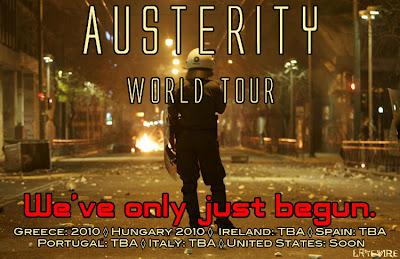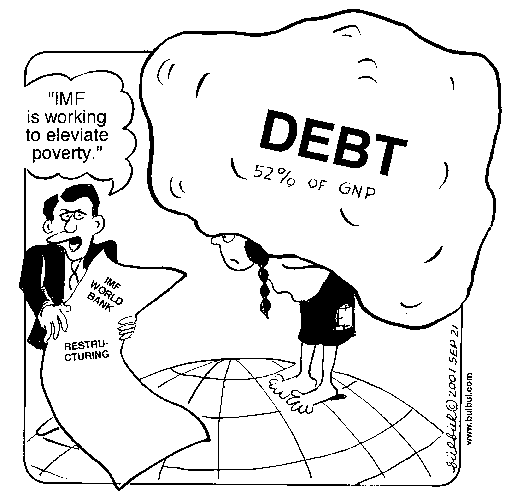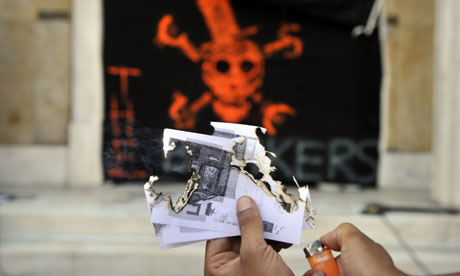The escalation of the war, the correlation of forces, neo-mercantilism, the
zero-sum policy, the sustainability of public debt, Greece’s negotiation
capabilities, and the currently available solutions for Greece
‘’In broad terms, the swift attack against a nation and the instantaneous prevalence, keeps the environment under control and paralyzes or overwhelms the opponent’s senses, affecting one’s ability to understand the facts. The purpose of the method «shock and awe», is to make the opponent completely unable to function – let alone resist’’.
‘’Mercantilism is a centralized, systematic economic policy, where government revenues are necessary for the maintenance of a costly state power, and the functioning of its expansionistic character. Its key elements are:
‘’In broad terms, the swift attack against a nation and the instantaneous prevalence, keeps the environment under control and paralyzes or overwhelms the opponent’s senses, affecting one’s ability to understand the facts. The purpose of the method «shock and awe», is to make the opponent completely unable to function – let alone resist’’.
‘’Mercantilism is a centralized, systematic economic policy, where government revenues are necessary for the maintenance of a costly state power, and the functioning of its expansionistic character. Its key elements are:



















